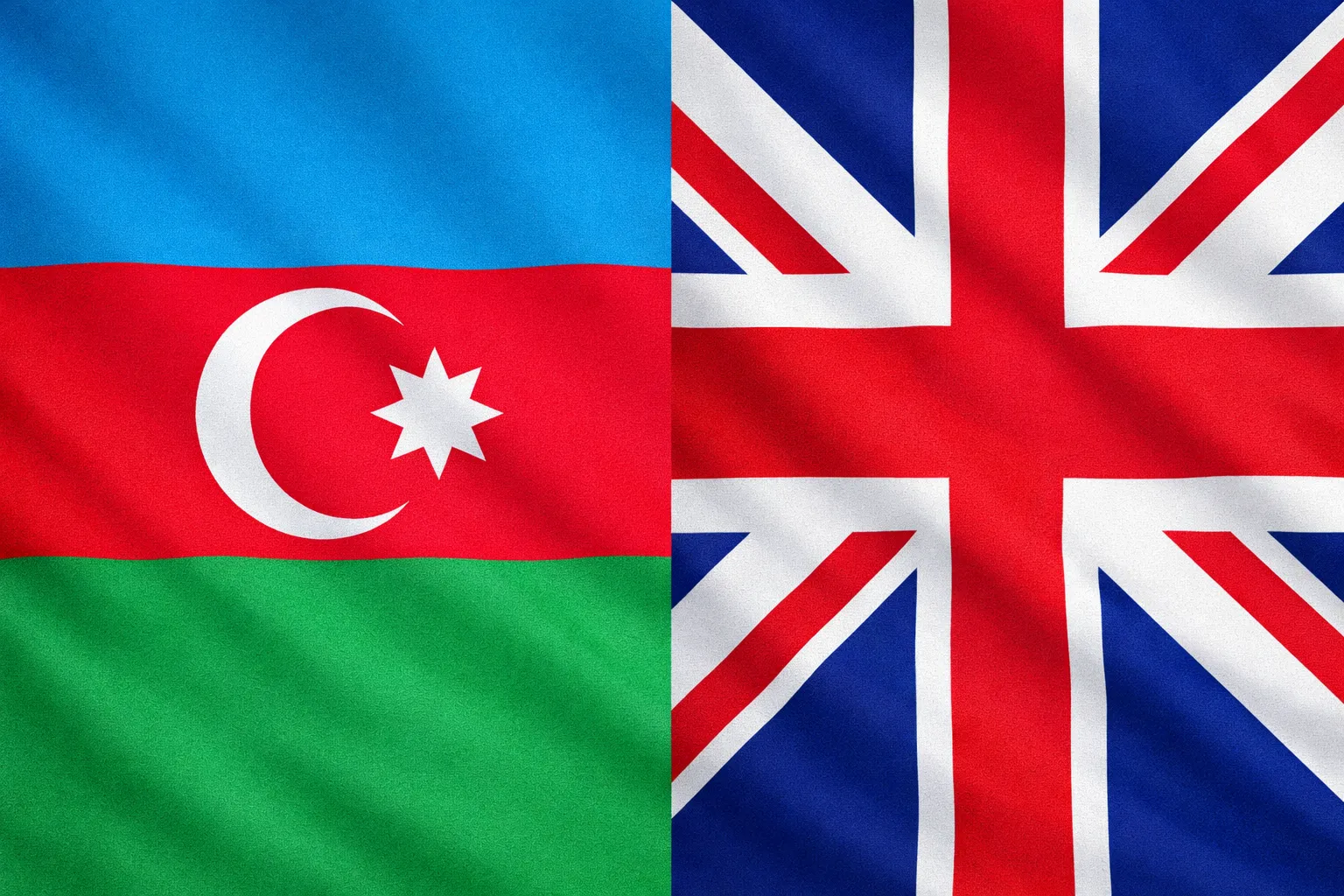London, May 01, 2024, The Europe Today: British media reports confirm that the United Kingdom has initiated its first asylum-seeker relocation to Rwanda under a voluntary scheme, marking a significant development in the UK government’s approach to managing irregular migration. This move comes just a week after the UK government passed a contentious law enabling the deportation of irregular migrants to Rwanda, sparking debate and criticism from various quarters.
The voluntary scheme, distinct from the government’s forced deportation program targeting irregular migrants attempting to cross the English Channel, offers financial incentives to individuals willing to relocate to Rwanda voluntarily. Under this arrangement, asylum-seekers are provided up to £3,000 (€3,515, $3,740) in financial aid in exchange for their agreement to resettle in Rwanda, with no possibility of returning to the UK.
The unnamed individual, reportedly of “African origin,” became the first to voluntarily move to Rwanda after his asylum request was rejected late last year. Departing the UK on a commercial flight to Kigali, the individual’s relocation signifies the commencement of the UK government’s migration strategy aimed at curbing irregular migration and deterring asylum seekers from crossing into the UK via small boats.
Prime Minister Rishi Sunak’s Conservative government, facing scrutiny ahead of local elections, has emphasized its commitment to “stopping the boats” as a cornerstone of its migration policy. The deportation of asylum-seekers to Rwanda is portrayed as a demonstration of the government’s resolve to address migration challenges and uphold national security interests.
Responding to criticism, a government spokesperson defended the deportation plan, asserting that the partnership with Rwanda provides a framework for relocating individuals with no immigration status in the UK to a “safe third country” where they will receive support to rebuild their lives.
However, the government’s forced deportation initiative has drawn condemnation from the United Nations and human rights organizations, highlighting concerns about the welfare and rights of asylum-seekers subjected to deportation measures.
The planned deportation of asylum-seekers to Rwanda forms part of a broader effort to manage migration flows, with the UK grappling with record-high arrivals of migrants in the first four months of the year. Rwanda, known for its stability and modern infrastructure, has agreed in principle to accept a group of 5,700 migrants from the UK, as outlined in a recent British government document.
As the UK navigates the complexities of migration governance, the deportation program to Rwanda underscores the ongoing debate surrounding migration policies and their implications for human rights and international cooperation.













